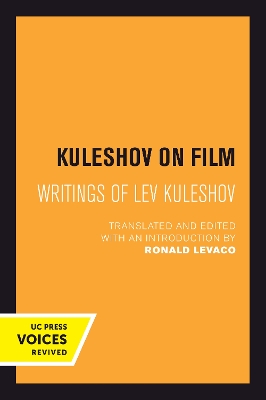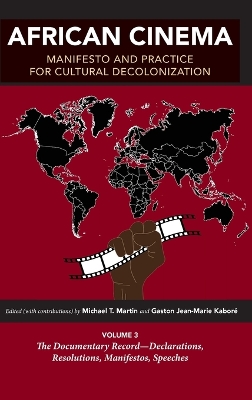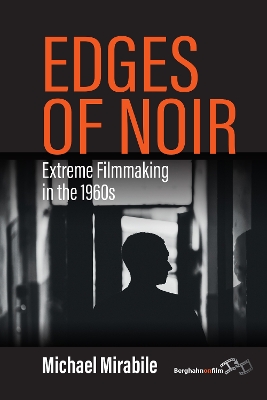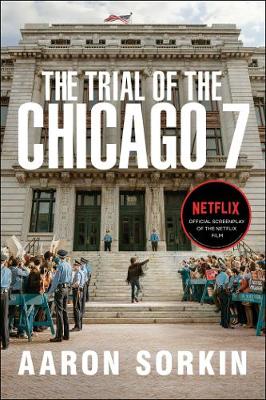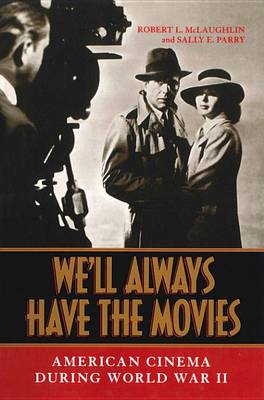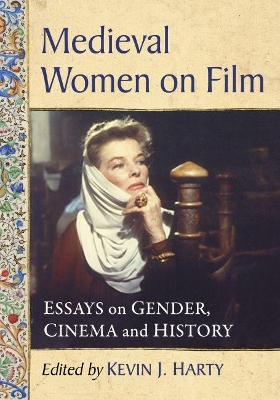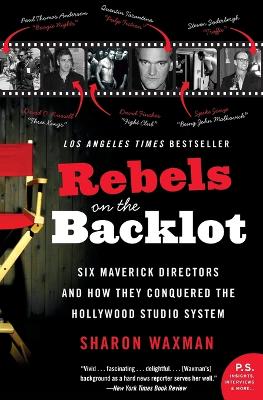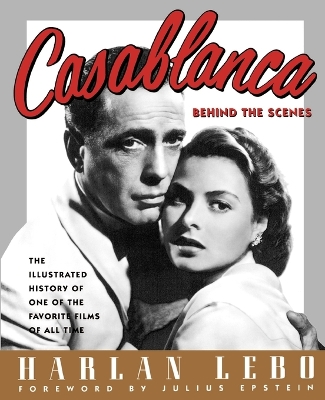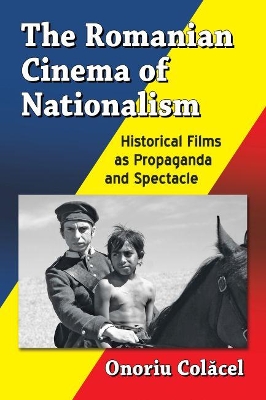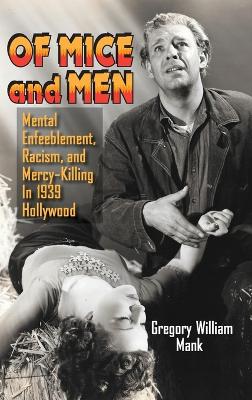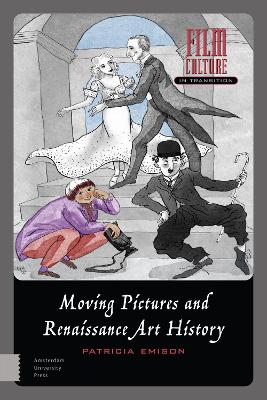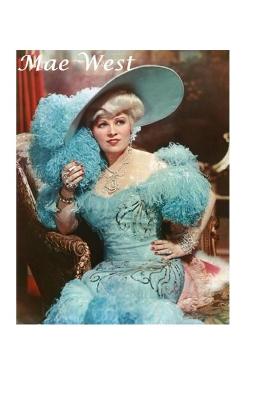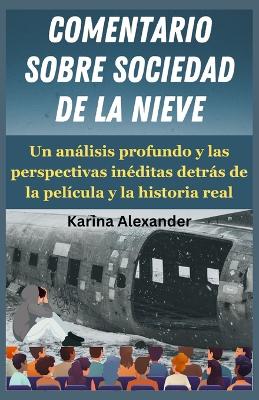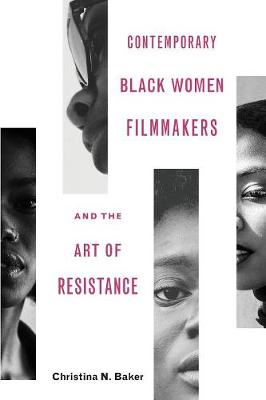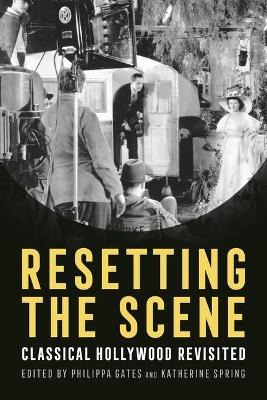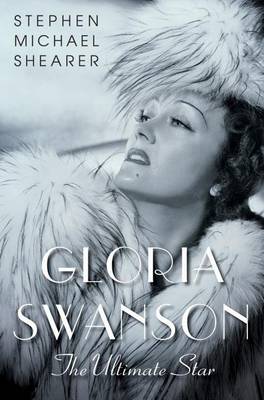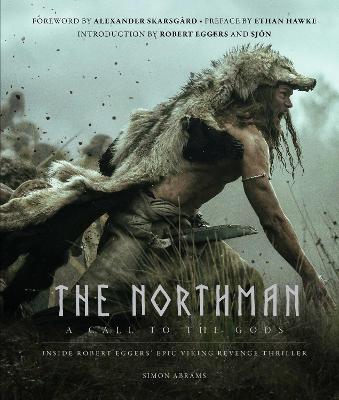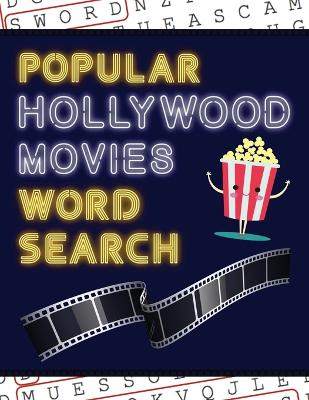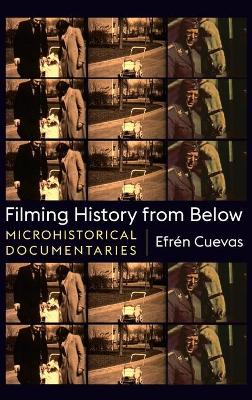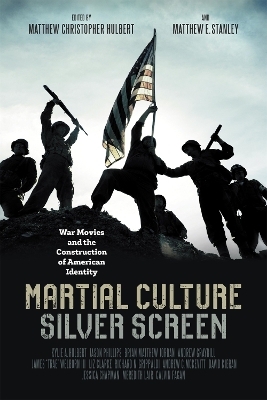Lev Kuleshov (1899–1970) was the first aesthetic theorist of the cinema. An outstanding figure in the “montage” school, he was a key influence on Eisenstein and Pudovkin. Kuleshov was the first to see clearly that montage—the assemblage and alternation of shots—was the very essence and structure of cinematic expression, often overriding the significance of the content of the shots themselves. Deriving his insights from close study of American films (particularly D. W. Griffith’s), Kuleshov used...
Challenging established views and assumptions about traditions and practices of filmmaking in the African diaspora, this three-volume set offers readers a researched critique on black film. Volume Three of this landmark series on African cinema spans the past century and is devoted to the documentation of decoloniality in cultural policy in both Africa and the Black diaspora worldwide. A compendium of formal resolutions, declarations, manifestos, and programmatic statements, it chronologically...
Kubrick and Race (Stanley Kubrick Studies)
Kubrick and Race investigates race and racism in Stanley Kubrick’s oeuvre. At first glance, Kubrick’s films are very white, but his work with race is complex. Sometimes he addressed race covertly, indirectly, in hidden ways, or in the background, so that race becomes a palimpsest that is visible through the foreground story. Did Kubrick repress and deny racial inequities? Do his works condone and participate in racism, or did he represent it as a lived reality? This volume asks these questions,...
Edges of Noir challenges the notion that noir film nearly vanished after 1958 until its subsequent “neo-noir” revival between 1973 and 1981. The 1960s, regardless of critical neglect, include some of the most provocative films of the post-World War II decades. Often formally disruptive and experimental, films including Shock Corridor (1963), Mirage (1965), The 3rd Voice (1960), and Point Blank (1967) evoke controversial issues of the era, deriving dynamic influences amongst exploitation cinema...
The brilliant screenplay of the forthcoming film The Trial of the Chicago 7 by Academy and Emmy Award–winning screenwriter and director Aaron Sorkin. Sorkin’s film dramatizes the 1969 trial of seven prominent anti-Vietnam War activists in Chicago. Originally there were eight defendants, but one, Bobby Seale, was severed from the trial by Judge Julius Hoffman—after Hoffman had ordered Seale bound and gagged in court. The defendants were a mix of counterculture revolutionaries such as Abbie Hof...
During the highly charged years of World War II, movies perhaps best communicated to Americans who they were and why they were fighting. Films were more than just an explanation of historical events: they asked audiences to consider the Nazi threat, they put a face on both our enemies and allies, and they explored changing wartime gender roles. ""We'll Always Have the Movies"" shows how film after film repeated the narratives, character types, and rhetoric that made the war and each American's r...
In this first ever book-length treatment, 11 scholars with a variety of backgrounds in medieval studies, film studies, and medievalism discuss how historical and fictional medieval women have been portrayed on film and their connections to the feminist movements of the 20th and 21st centuries. From detailed studies of the portrayal of female desire and sexuality, to explorations of how and when these women gain agency, these essays look at the different ways these women reinforce, defy, and comp...
By the Hollywood correspondent for "The New York Times", "Rebels On The Backlot" is a revealing and page-turning account of the new generation of film directors who are changing the face of today's Hollywood. Very much as the 1970s gave rise to a defining group of filmmakers such as Martin Scorsese and Francis Ford Coppola, the 1990s witnessed a new generation who captured the imaginations of audiences, and opened the pursestrings of the Hollywood film machine. "Rebels On The Backlot" follows si...
Prior to the collapse of communism, Romanian historical movies were political, encouraging nationalistic feelings and devotion to the state. Vlad the Impaler and other such iconic figures emerged as heroes rather than loathsome bloodsuckers, celebrating a shared sense of belonging. The past decade has, however, presented Romanian films in which ordinary people are the stars--heroes, go-getters, swindlers and sore losers. The author explores a wide selection, old and new, of films set in the R...
Moving Pictures and Renaissance Art History (Film Culture in Transition)
by PROF. DR. Patricia Emison
Film, like the printed imagery inaugurated during the Renaissance, spread ideas – not least the idea of the power of visual art – across not only geographical and political divides but also strata of class and gender. Moving Pictures and Renaissance Art History examines the early flourishing of film, from the 1920s to the mid-1960s, as partly reprising the introduction of mass media in the Renaissance, allowing for innovation that reflected an art free of the control of a patron though required...
French Cinema: A Very Short Introduction (Very Short Introductions)
by Dudley Andrew
It is often claimed that the French invented cinema. Dominating the production and distribution of cinema until World War 1, when they were supplanted by Hollywood, the French cinema industry encompassed all genres, from popular entertainment to avant-garde practice. The French invented the "auteur" and the "ciné-club"; they incubated criticism from the 1920s to our own day that is unrivalled; and they boast more film journals, fan magazines, TV shows, and festivals devoted to film than anywhere...
Contemporary Black Women Filmmakers and the Art of Resistance (Black Performance and Cultural Criticism)
by Christina N Baker
More than a century after its emergence, classical Hollywood cinema remains popular today with cinephiles and scholars alike. Resetting the Scene: Classical Hollywood Revisited, edited by Philippa Gates and Katherine Spring, showcases cutting-edge work by renowned researchers of Hollywood filmmaking of the studio era and proposes new directions for classical Hollywood studies in the twenty-first century. Resetting the Scene includes twenty-six accessible chapters and an extensive bibliography. I...
The Northman: A Call to the Gods is the official look at how this epic Viking revenge thriller was conceived, written, cast, and produced by acclaimed director Robert Eggers. Set against the ruthless backdrop of tenth-century Norse territory, The Northman is the a new epic Viking revenge thriller by acclaimed director Robert Eggers (The Witch [2015] and The Lighthouse [2019]), featuring an all-star cast including Alexander Skarsgard, Nicole Kidman, Ethan Hawke, Anya Taylor-Joy, Willem Dafoe,...
Popular Hollywood Movies Word Search (Word Search Puzzle Books, #4)
by Makmak Puzzle Books
Traditional historical documentaries strive to project a sense of objectivity, producing a top-down view of history that focuses on public events and personalities. In recent decades, in line with historiographical trends advocating “history from below,” a different type of historical documentary has emerged, focusing on tightly circumscribed subjects, personal archives, and first-person perspectives. Efrén Cuevas categorizes these films as “microhistorical documentaries” and examines how they p...
Martial Culture, Silver Screen
Martial Culture, Silver Screen analyzes war movies, one of the most popular genres in American cinema, for what they reveal about the narratives and ideologies that shape U.S. national identity. Edited by Matthew Christopher Hulbert and Matthew E. Stanley, this volume explores the extent to which the motion picture industry, particularly Hollywood, has played an outsized role in the construction and evolution of American self-definition. Moving chronologically, eleven essays highlight cinematic...
